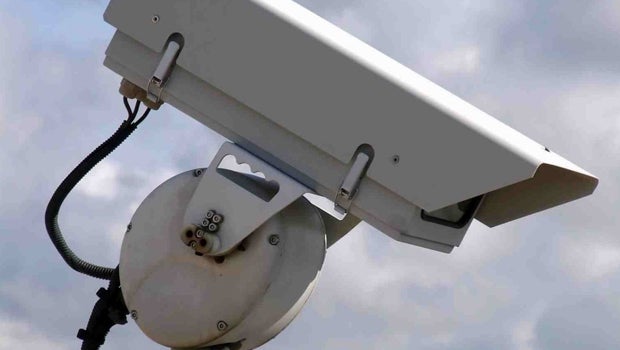UK’s CCTV boss ‘worries’ about video surveillance data

The UK government’s chief of CCTV is concerned at the way big data and video surveillance are merging together to create a real threat to privacy.
First flagged up here, Tony Porter, the UK’s surveillance camera commissioner, is worried that regulators and the government are in danger of being left behind by the pace of technological change.
“What most worries me is the impact of big data and integration of video surveillance,” said Porter.
Speaking at an event to launch his new three-year strategy for CCTV cameras, Porter revealed that he doesn’t think that the public has any problem with CCTV. But he detailed how that could easily change, however, if surveillance isn’t handled correctly.
Body-worn cameras and drones are particular bug bears of Porter’s, with the commissioner describing how he’s anxious about how the images collected are then correlated along with data elsewhere.
“The nightmare scenario is that there is a lack of understanding about how big and effective this can be.
“You might have a video photograph of somebody shopping in Tesco. Now it is possible to link that person to their pre-movements, their mobile phone records, any sensor detectors within their house or locality,” he added.
These comments follow the passing of the Investigatory Powers Bill, or Snooper’s Charter, in November 2016 that extended the lawful powers of the Home Office to collect large troves on data on individuals.
Under the highly contentious bill, phone and internet companies have to keep records for 12 months and offer access to the police, government agencies and security services if requested.
Presumably that data could then be pulled together with CCTV images and used in the way that is worrying Porter so very much.
Although Porter has no control on whether any authorities follow the code of practice that he sets out as commissioner, he urges all of them to do so and to always think twice about deploying CCTV.
Related: What is the Snooper’s Charter?
Is surveillance going too far? Let us know in the comments below.


